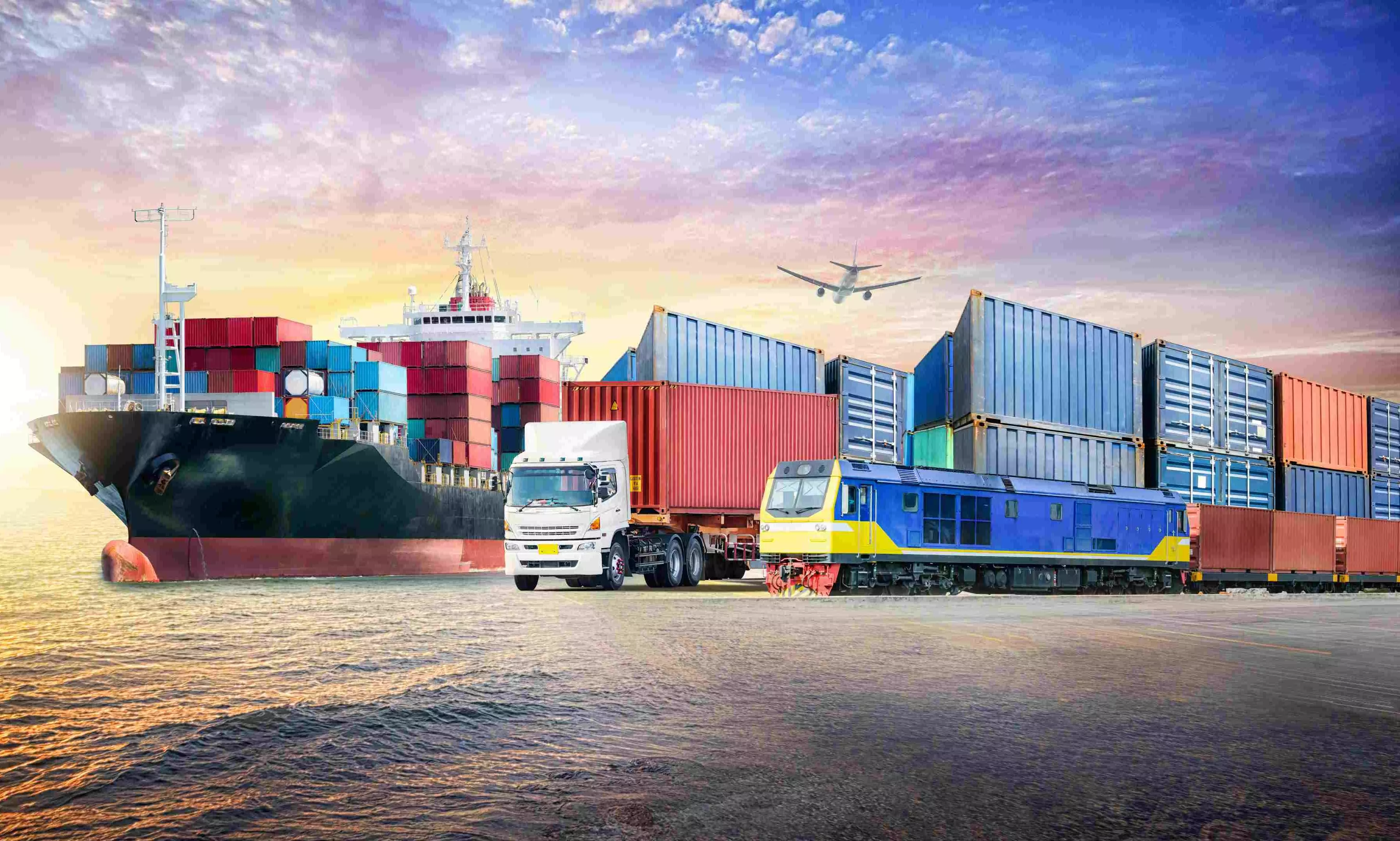What is the impact of the National Logistics Policy on MSMEs?
The policy will give a roadmap to cut down on supply chain wastage and lower logistical expenses in addition to addressing supply-side restrictions, thus assisting MSMEs to become globally competitive. Here is how!

The MSME sector experienced the cascading effect of the pandemic as several businesses were unable to digitize their operations. As a result, the sector had a harder time handling the disruptions in their cash flows and operations when compared wiith larger enterprises, which had more market clout and influence over their vendors. To streamline the logistics industry in India, PM Narendra Modi launched NLP (National Logistics Policy) on 17th September 2022 to develop a strong infrastructure, fill logistical gaps, and attract more foreign investments. The policy will give a roadmap to cut down on supply chain wastage and lower logistical expenses in addition to addressing supply-side restrictions, thus assisting MSMEs to become globally competitive.
Here is how National Logistics Policy will reshape the MSME sector.
Reduction of overall logistics costs
In India, the cost of logistics is higher (14%-15% of India's GDP) than in other industrialized economies. So, the primary goal of the NLP policy is to mitigate the logistics cost to 8% -10% in the next five years. As a result, transportation costs will be brought down from 6% of GDP to 4%, warehousing costs from 3.5% of GDP to 2.5%, inventory expenses from 2.5% of GDP to 1% and order processing/admin costs from 1% of GDP to 0.5%.
Focus on employment generation & skilling
Under the NLP, special attention will be paid to increasing youth skill levels and creating employment opportunities. The emphasis on skilling might also be covered in the training facility's curriculum, which will increase the workforce's pay scale and help expand the MSME sector.
Promotion of technology adoption
The NLP will take several actions to encourage technology adoption in India's logistics industry. A single window e-logistics market will be provided by creating a Unified Logistics Interface Platform (ULIP). It will unite seven ministries onto a single platform to supply logistics companies with knowledge regarding freight movement in the nation. ULIP will also assist in providing clearances for cargo transportation. Additionally, the regulation will support blockchain and artificial intelligence adoption in India and aid in integrating the country's sizable unorganized logistics sector.
Enhancing competitiveness
The policy aims to increase the industry's competitiveness across the country by reducing logistics costs. It is also anticipated to bring a multitude of initiatives to boost logistics competitiveness and infrastructure development to aid the nation's transformation into a hub for global manufacturing.
Ease of logistics (ELOG)
The logistics industry in India is extremely complicated and highly fragmented. Therefore, the policy will take several efforts to encourage smooth multi-modal transportation of commodities throughout the nation and increase the competitiveness of Indian goods in domestic and international markets.
What the future holds?
As the workforce and economy return to normal, businesses are looking ahead with cautious optimism. The MSME sector will experience greater and newer prospects emerging within their market context. With the assistance of the National Logistics Policy, the Indian economy is predicted to overcome the last two pandemic-driven years of subpar performance, with MSMEs fixing their supply chain challenges and accelerating recovery.
The views and opinions expressed in this article are those of the author and do not necessarily reflect the views of Indian Transport & Logistics News.



